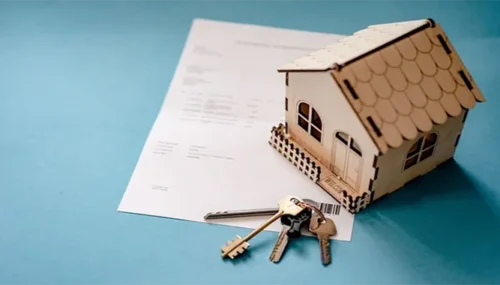The complete guide to household finance
Household finance is the process of managing money and assets in a household. This includes budgeting, saving and investing, debt repayment, insurance, and more. It’s important to make sure that your household is financially prepared for both short-term needs as well as long-term goals. In this guide we’ll explore all aspects of household finance – from setting up a budget to investing for retirement.
The basics
Household finance refers to the financial management of a household. It is a broad subject that covers many different aspects of managing your money, including budgeting and investing.
The key elements of household finance include:
- Budgeting – The process of planning how much you will spend on specific items each month so that you can stay within your means and avoid debt (such as credit card debt) or other financial problems like foreclosure on property owned by yourself or others in your family unit














